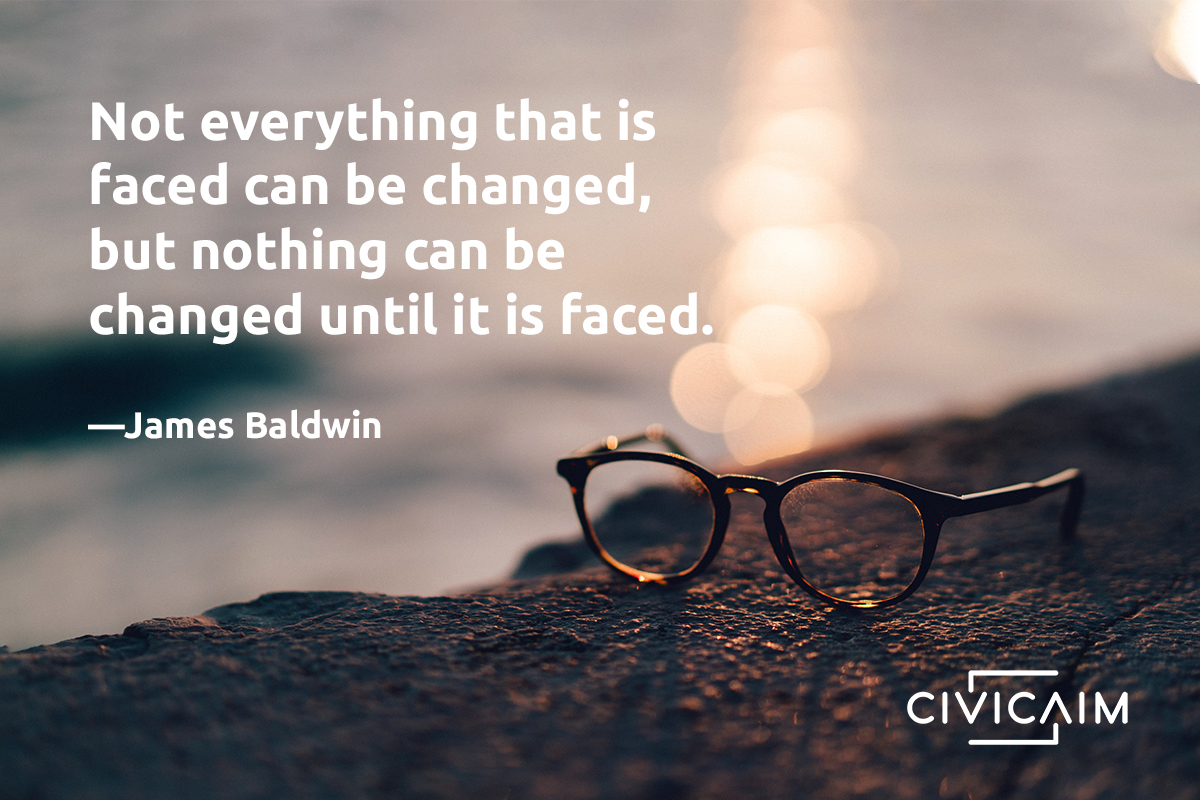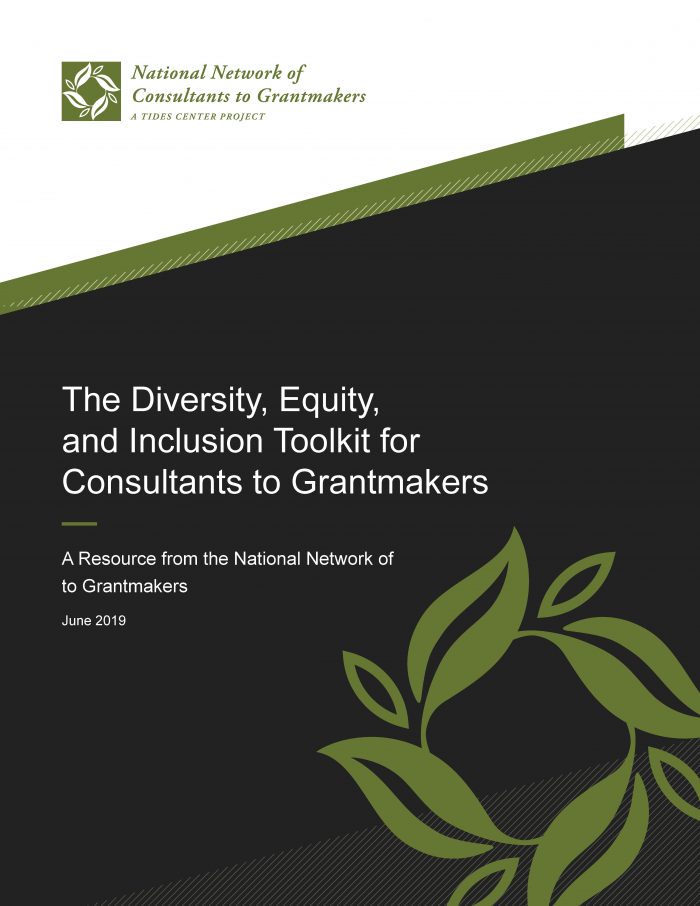
What’s your Philanthropic Aim for 2020?
December 1, 2019
Going Far With Funder Collaboratives
November 25, 2020

As a philanthropy practitioner of color, I have had the privilege to take on and practice responsibility in being the voice for minorities that reflect my upbringing, and work with philanthropists who connect resources with opportunity. If there is anything the past few weeks have shown me, it is to ground myself and my work in a commitment to building and investing in justice and creating equitable systems.
On June 8th, I participated as a panelist on a webinar called Meeting the Moment: A Conversation about Diversity, Equity, and Inclusion for a More Just World, co-organized by 21/64 and the National Network of Consultants to Grantmakers (NNCG). On the webinar, national and local leaders who have been working in DEI for decades spoke about how we can each build our knowledge, inquiry, and practice at looking through issues with a DEI lens.
How to Use the DEI Toolkit
While the toolkit is designed for philanthropy consultants to use with their clients, I find it is a useful tool for anyone who works in or practices philanthropy. It is rich with resources and my first step was to review as a primer to sharpen my own knowledge of DEI. I took the time to complete the self-assessment and I must admit, it opened my eyes (and mind) to multiple perspectives I had not given thought to.
In my work as a philanthropic advisor, I lean into my expertise in organizational development–helping build/equip people, policies and processes seeking change through strategy and intention. So, it made sense that my self-assessment score was stronger on facilitating expressed commitment to DEI (through development/refinement of vision, mission and strategic plans) and helping craft organizational policy and implementation of DEI practices in operations. I also learned I was more apt/comfortable to lead discussions around gender and race versus the other two dimensions of diversity, sexual orientation and ability, which I’ve identified as growth areas for me.
I was also able to bring the DEI toolkit in support of my foundation, funder collaborative, and giving circle clients who are exploring how to best bring or develop DEI into their work.
In an example, I worked with a multigenerational family foundation who invited me to facilitate discussions for succession planning. The next-generation members voiced a need to incorporate the role of the community, and how their family foundation might shift the power dynamics and elevate the community as a bearer of solutions.
I shared a number of resources with the board, and educated board members on a number of participatory giving models. As a result of these conversations, the family board committed to uphold ‘inclusion’ as a value, and incorporated the concept of ‘citizen philanthropy’ into their vision statement, embracing a more democratic, grassroots approach to problem-solving.
Finding Opportunity in Crisis
The timing of this DEI toolkit, and conversations people are engaging in across our nation and world could not be more relevant. We exist in current economical and health crisis. Yet as an optimist, I view crisis as an opportunity to challenge and truthfully unpack how we do things, in philanthropy, and in our everyday lives. And should we choose to lean into it, this crisis presents a space to rethink the power dynamics in our world and in our work in philanthropy.
For all families, especially those who are philanthropic, bringing your values, vision, and legacy to life has never felt more important—or needed. As one leader said on the webinar, if there’s ever a time to think about the values you, your family, and your philanthropy stands in, this is it.
What is this time bringing up for you in terms of your values, your philanthropy, and what you want to pass on to the next generation? In what areas do you need support when it comes to listening, learning from, including, and engaging diverse members of your community? Drop me a line at erica@civicaim.org. I would be happy to lend you and your organization ideas, resources, and guidance.
What’s Your Philanthropic Aim?
CivicAIM is a philanthropy consulting firm focused on strengthening grantmaking, governance, and impact. CivicAIM supports mission-driven families, small-staffed foundations, funder collaboratives, and giving circles. Together with you, we develop and execute grant and evaluation strategies that lead you to impact, and we facilitate critical conversations and transitions that strengthen your board’s decision making.




